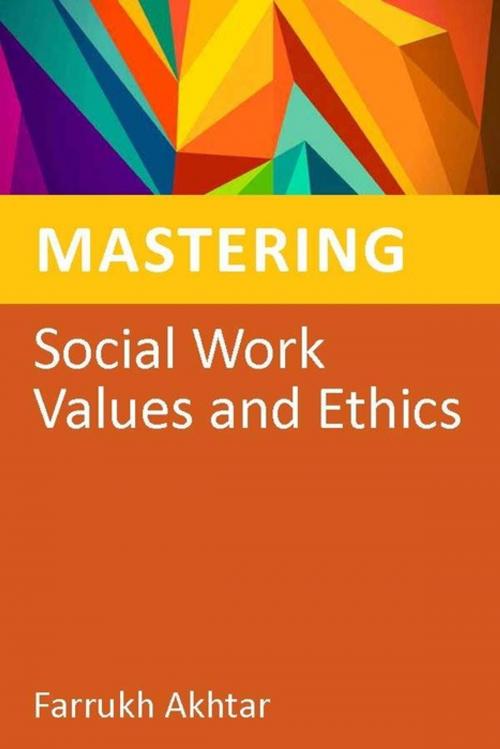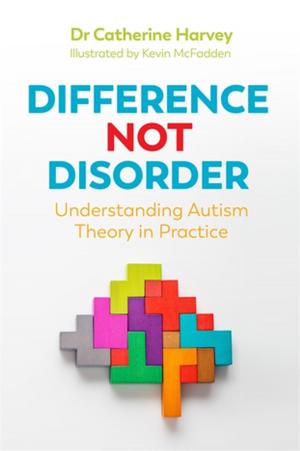Mastering Social Work Values and Ethics
Nonfiction, Social & Cultural Studies, Social Science, Social Work| Author: | Farrukh Akhtar | ISBN: | 9780857005946 |
| Publisher: | Jessica Kingsley Publishers | Publication: | December 15, 2012 |
| Imprint: | Jessica Kingsley Publishers | Language: | English |
| Author: | Farrukh Akhtar |
| ISBN: | 9780857005946 |
| Publisher: | Jessica Kingsley Publishers |
| Publication: | December 15, 2012 |
| Imprint: | Jessica Kingsley Publishers |
| Language: | English |
Service users often say that the traits they most value in social workers are their ability to be non-judgmental, their listening skills and their sense of fairness: their strong ethical value base. But how can social workers ensure the decisions they make are ethically sound?
This book offers guidelines to negotiating ethical dilemmas in various social work settings; from direct care work with individual service users to working within organisational and multidisciplinary contexts. It provides social workers with useful frameworks within which to re-visit their personal value base and enable more reflective, and therefore more effective, practice. Case studies and questionnaire style chapters encourage reassessment of values including views on abortion, female genital mutilation, drug and alcohol misuse and homosexuality. By assessing a range of dilemmas at both personal and organisational levels, this book offers the tools and resources to enable professionals and students to self-manage and develop their practice.
This book is essential reading for social work students, practitioners, managers, practice teachers and assessors, and trainers, as well as those in allied professions.
Service users often say that the traits they most value in social workers are their ability to be non-judgmental, their listening skills and their sense of fairness: their strong ethical value base. But how can social workers ensure the decisions they make are ethically sound?
This book offers guidelines to negotiating ethical dilemmas in various social work settings; from direct care work with individual service users to working within organisational and multidisciplinary contexts. It provides social workers with useful frameworks within which to re-visit their personal value base and enable more reflective, and therefore more effective, practice. Case studies and questionnaire style chapters encourage reassessment of values including views on abortion, female genital mutilation, drug and alcohol misuse and homosexuality. By assessing a range of dilemmas at both personal and organisational levels, this book offers the tools and resources to enable professionals and students to self-manage and develop their practice.
This book is essential reading for social work students, practitioners, managers, practice teachers and assessors, and trainers, as well as those in allied professions.















